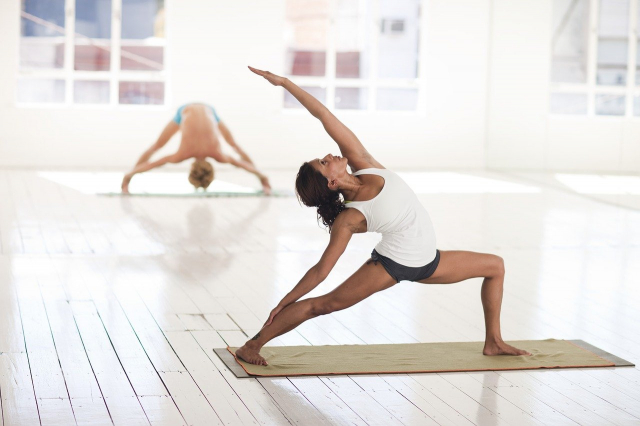Yoga positions for beginners is an alternative for those who are starting the process and find it a bit complex due to the variety of names assigned to the poses. Here are some bases that can help you start your yoga routine in an easy and very didactic way.
Types of yoga poses for beginners:
- Standing poses - Often done first in a yoga class to "build heat" and warm you up. In the style of vinyasa yoga, the standing poses are joined to form long sequences. In hatha classes, standing poses can be worked individually with rest between each pose.
- Balancing Poses - Balancing is an important way to develop core strength needed for many of the more advanced poses in yoga. Although balance may seem difficult at first, you will find that it can improve markedly with regular practice.
- Back Bends: As a beginner, you will generally start with gentle flexion and extension of the spine, eventually moving into deeper bends. Since you rarely move like this in daily life, curves are essential for spinal health and longevity.
- Seated Postures: Seated stretches, which focus on stretching the hips and hamstrings, are usually done towards the end of a yoga class. Placing a folded blanket or block under your butt is a good way to get more comfortable in these poses.
- Rest postures: These rest postures continue the work of the hips, as well as providing a smooth flexion, twist and inversion of the back.
Some yoga positions for beginners are:






